
The weather is getting warmer and we're all getting the urge to spend more time outside because we're tired of being cooped up. We want to feel the sun and the breeze. We want to smell the flowers and fresh cut grass. What we don't want is to get a bunch of mosquito bites. The problem is that mosquitoes love warm weather and they feed on human blood. Not only is it annoying to have those pesky critters buzzing around and biting us, the aftermath of their bites can be beyond irritating.
More from MamásLatinas: Genius ways to use Vicks VapoRub
Mosquito bites get swollen and itchy, which can lead to scratching, which can lead to infection or scarring. Not to mention some diseases are spread via mosquito bites. And have you noticed that the itching only gets worse when you are trying to sleep? There you are, trying to rest, but your skin feels like it's on fire and you don't want to scratch, but you convince yourself that if you just scratch it just a little, it will feel better. Ha! Next thing you know you've been up all night and your skin is raw. Then the next morning, you see your kid scratching and you tell him not to scratch, even though clearly you are a hypocrite. Enough!
Instead of taking a wait-and-see approach to our mosquito issues this year, let's talk about natural ways that we can prevent mosquito bites. There are plenty of commercial insecticides that you can buy, but we're focusing on more natural remedies because many of us prefer natural alternatives, especially if we have sensitive skin or are looking for options that will work for our children as well.
Do your best to minimize areas of exposed skin.

It's summer and you don't want to wear a lot of clothes, but the more skin you have covered by fabric, the less skin there is available for mosquitoes to bite. If you know you are going to be in an area with lots of bugs, consider wearing long sleeves and pants tucked into socks.
Get rid of any standing water.
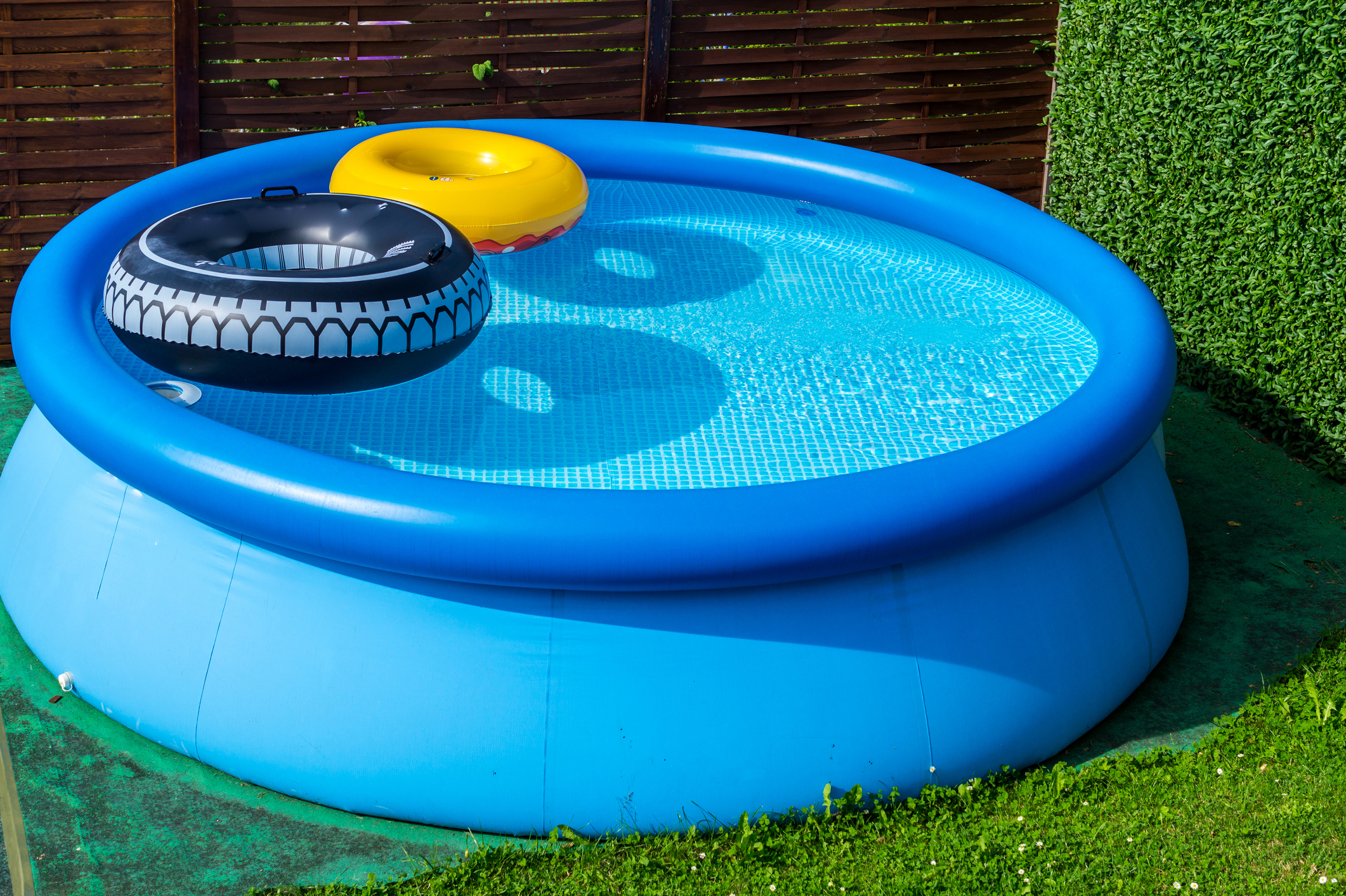
Mosquitoes need standing water to breed; their larvae need about 10 to 14 days to hatch. That means you want to make it harder for them by doing things like emptying kiddie pools and birdbaths at least once a week. You also want to keep your roof gutters clean so they don't start breeding in there.
Deal with tree holes on your property.
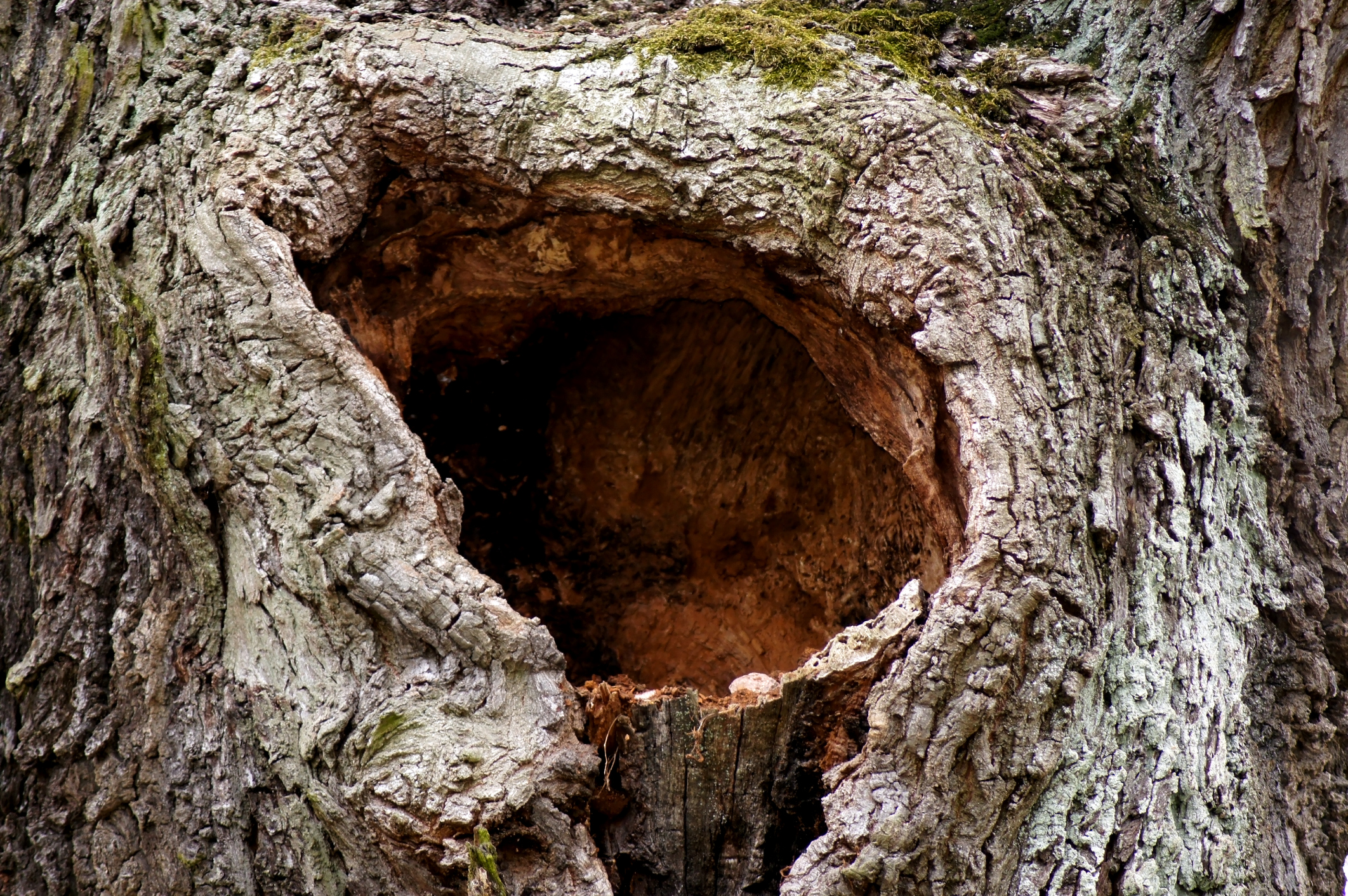
Tree holes can also be a great place for mosquitoes to breed. If you have any in your backyard or on your property, you should consider flushing them out regularly. You could also use cement or tar to seal the holes up for a more permanent fix.
Slather up with a lotion that has 10% citronella.

Citronella oil has a kind of grassy smell that mosquitoes do not like. It is often recommended as a natural insect repellent. If you can find a lotion with a 10% concentration of citronella oil in it, slather up. It only works for about an hour, so you'll have to reapply if you are going to be exposed to mosquitoes for a longer time.
Citronella candles can also help keep mosquitoes away.

Buy some candles with 10% citronella oil that you can use outdoors. The smell will waft through the air and hopefully prevent you from getting bitten. You could double up and use a citronella lotion on your skin as well as the candles.
Use mosquito netting over strollers and cribs.
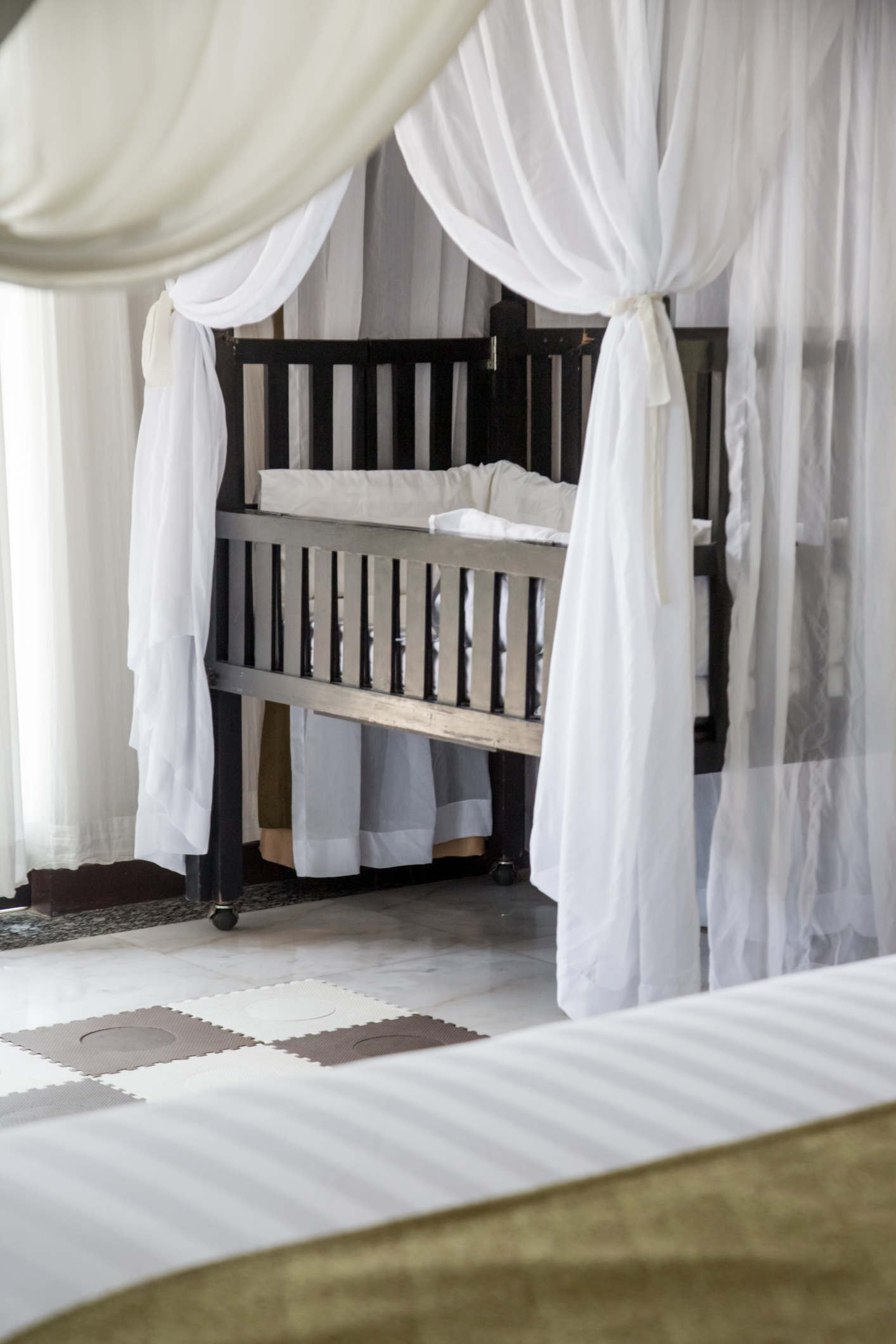
You can use mosquito netting over your baby's stroller when you go out for a walk. You can also use it around a crib, if you find that your baby is being devoured while sleeping. You want to make sure that the netting is not inside the crib, but on the outside so that it doesn't pose a safety hazard.
Repair tears on screen doors or the screens on your windows.
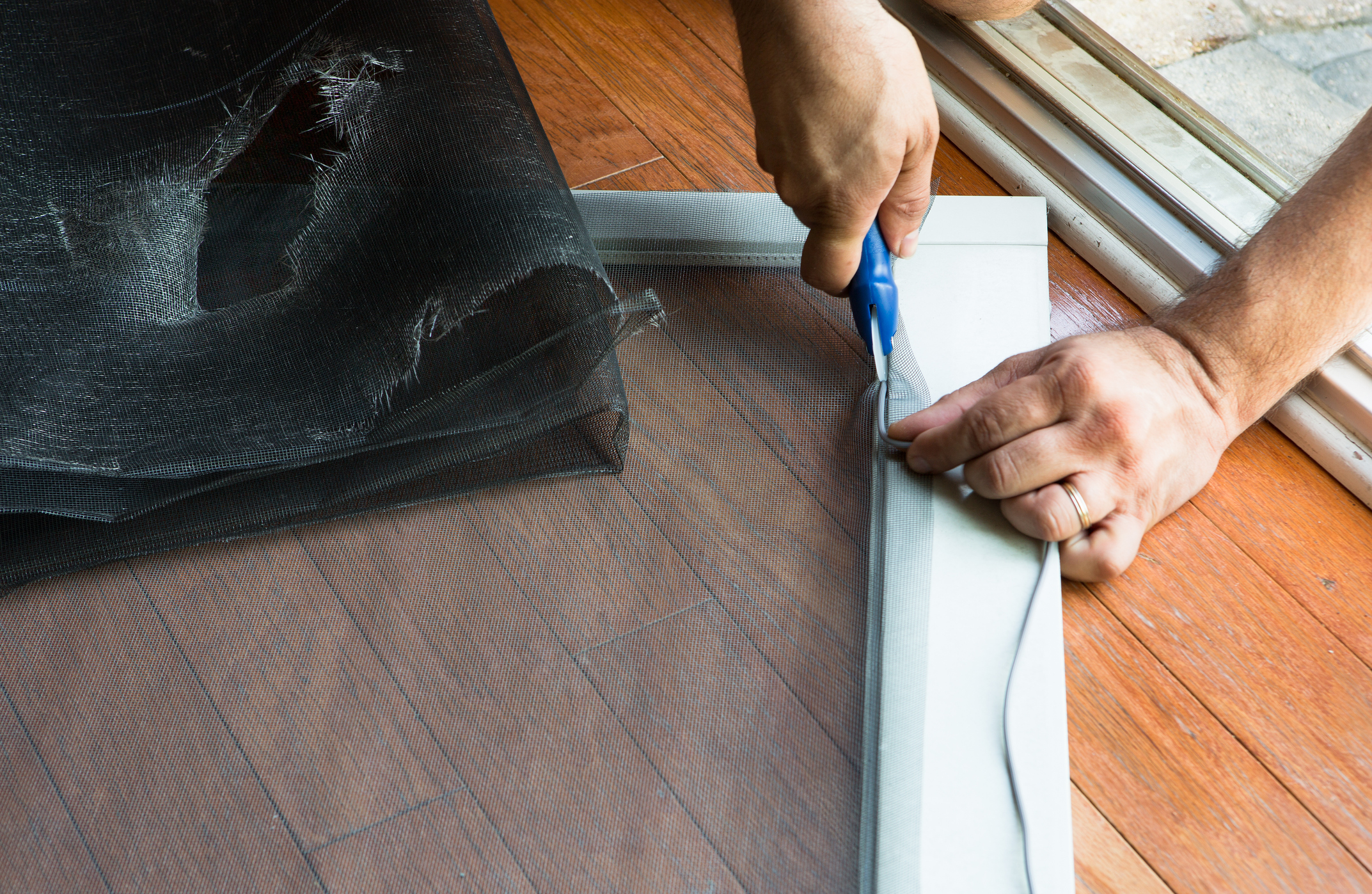
Check all the screens in your home that are meant to keep bugs out. If they are torn, it's time to get them fixed. Otherwise, you may as well put out a welcome sign for mosquitoes and resign yourself to an itchy and uncomfortable life.
Use a fan to keep mosquitoes away.
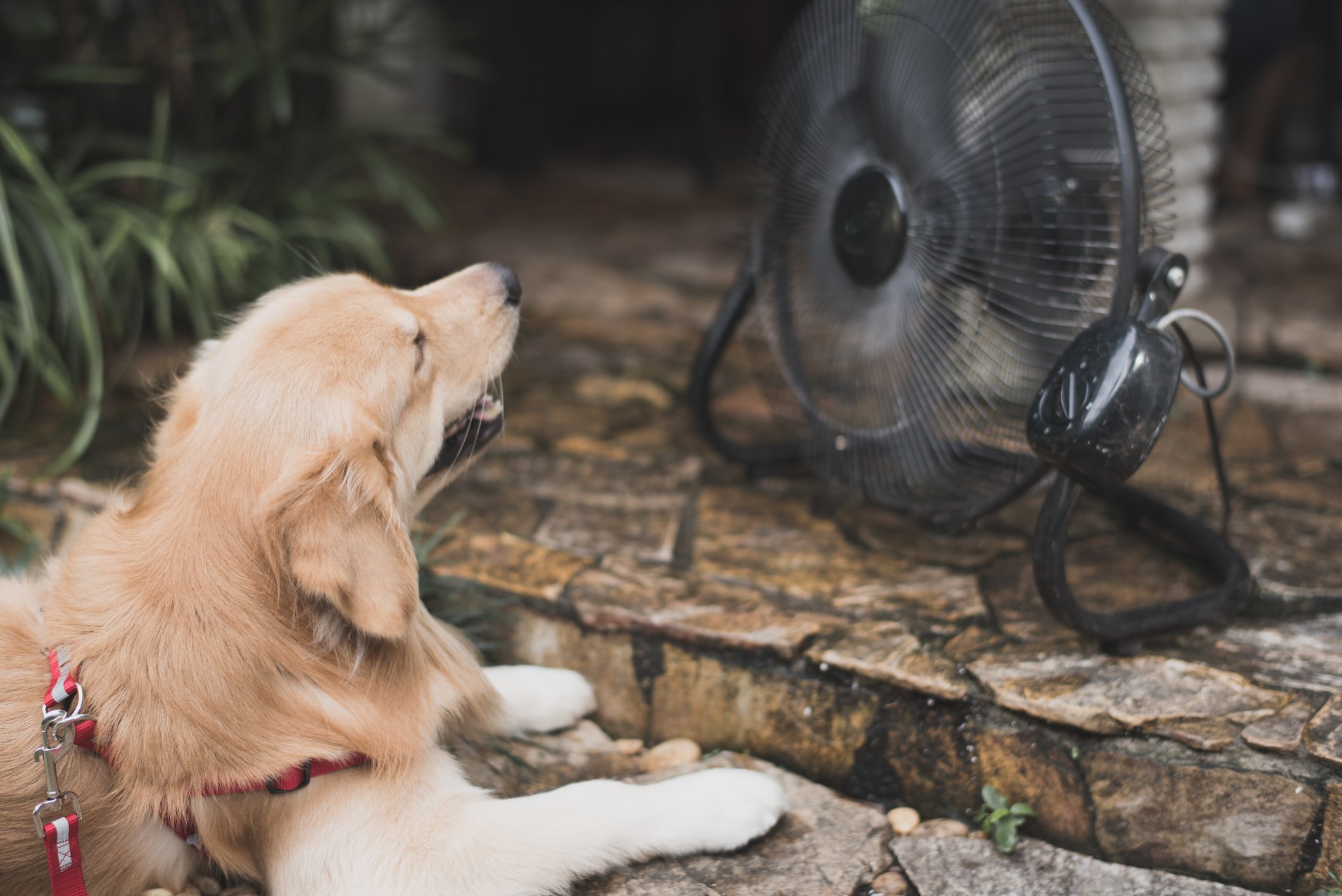
Turns out that mosquitoes aren't the best fliers. "Mosquitoes are bad fliers," says Dave Sheltar, Ohio State University professor of urban landscape etymology. Use that weakness against them by sitting near fans. Sit under overhead fans or bring an electric fan outdoors whenever possible and sit by it.
Mosquitoes love dusk.

They love the dusk. It's like their favorite time of day. That's a bummer if you like hanging out outdoors at dusk, too. You've been warned! Either stay indoors at dusk or use as many preventive measures as you can to keep mosquitoes away.
You might want to get rid of your bright bug zapper.
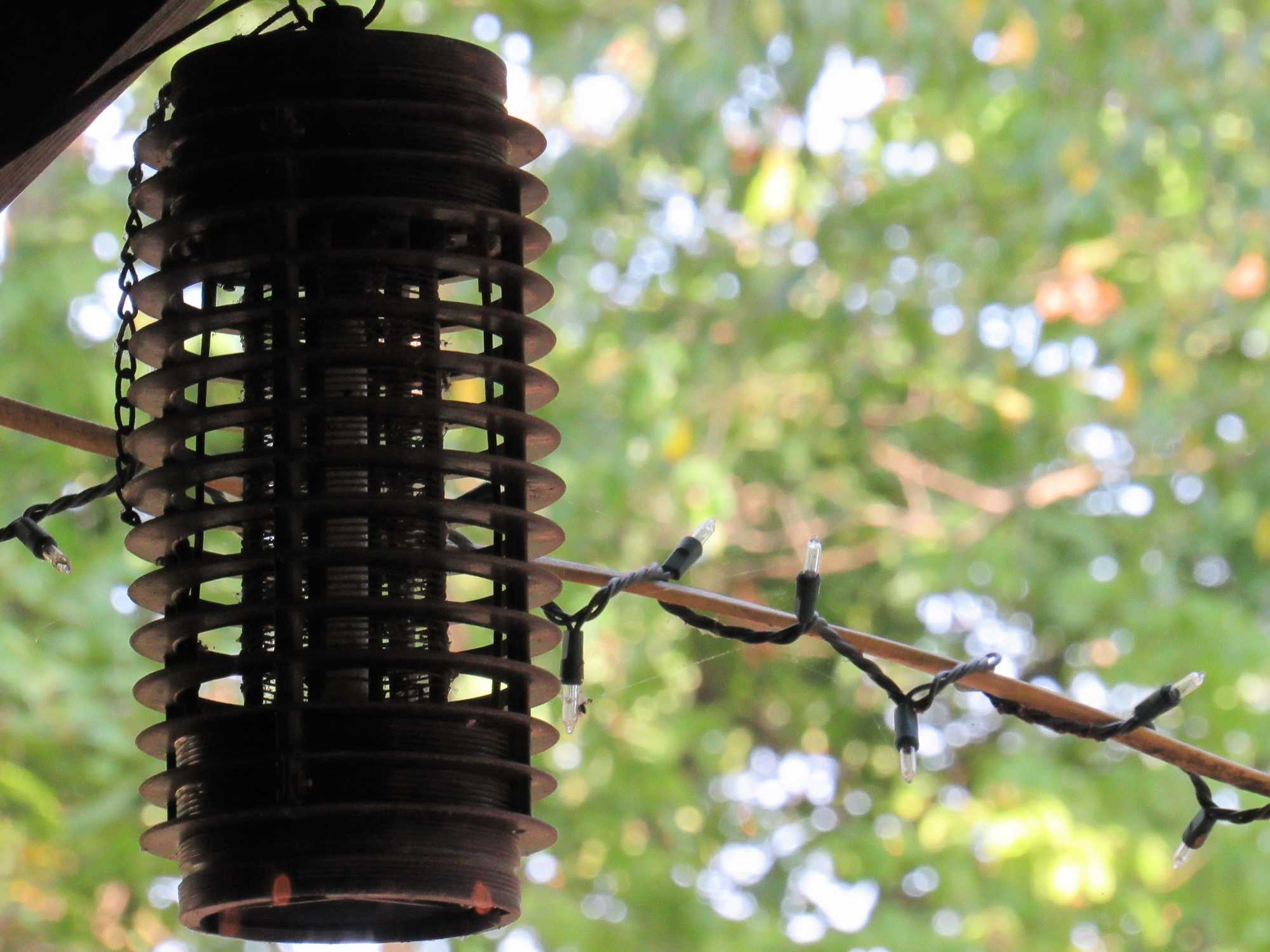
If you have a bug zapper, it's probably not zapping mosquitoes. They don't like bright lights. They are all about dim lighting. So even if they are initially attracted to the bug zapper's light, once they get close within 10 to 20 feet, they won't be able to handle the brightness. But they will be able to bite anyone sitting around the bug zapper at around that distance.
Wear light clothing.

By light we mean light-colored clothing. According to the American Mosquito Control Association, "Dark clothing has been shown to attract some species of mosquitoes more than lighter colored clothing." Ditch your darks for the season.
If you are wearing sandals, make sure your feet aren’t stinky.
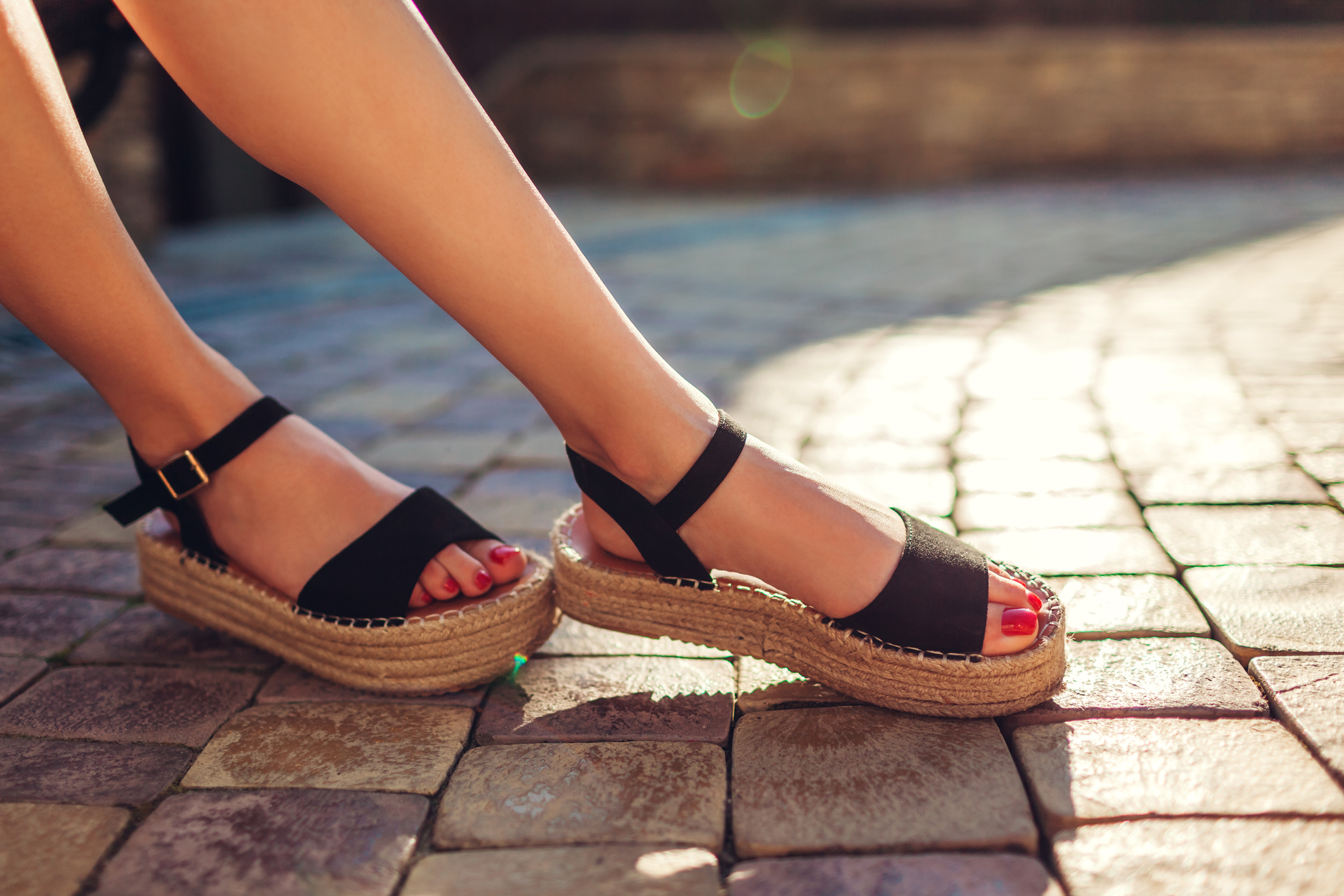
You should do this no matter what because stinky feet repel most people. But guess what? Some mosquitoes are really into smelly feet. They smell that stank and attack. YUCK! So, if you find you are getting a lot of mosquito bites on your feet, maybe take a hint and go give them a wash.
Move less to stay under the radar.

Mosquitoes are attracted by the carbon dioxide and lactic acid that warm human bodies emit. We all emit these things, but fidgety and active people emit more of these chemicals and make themselves easier to find.
Use natural insect repellents that are registered with the Environmental Protection Agency.
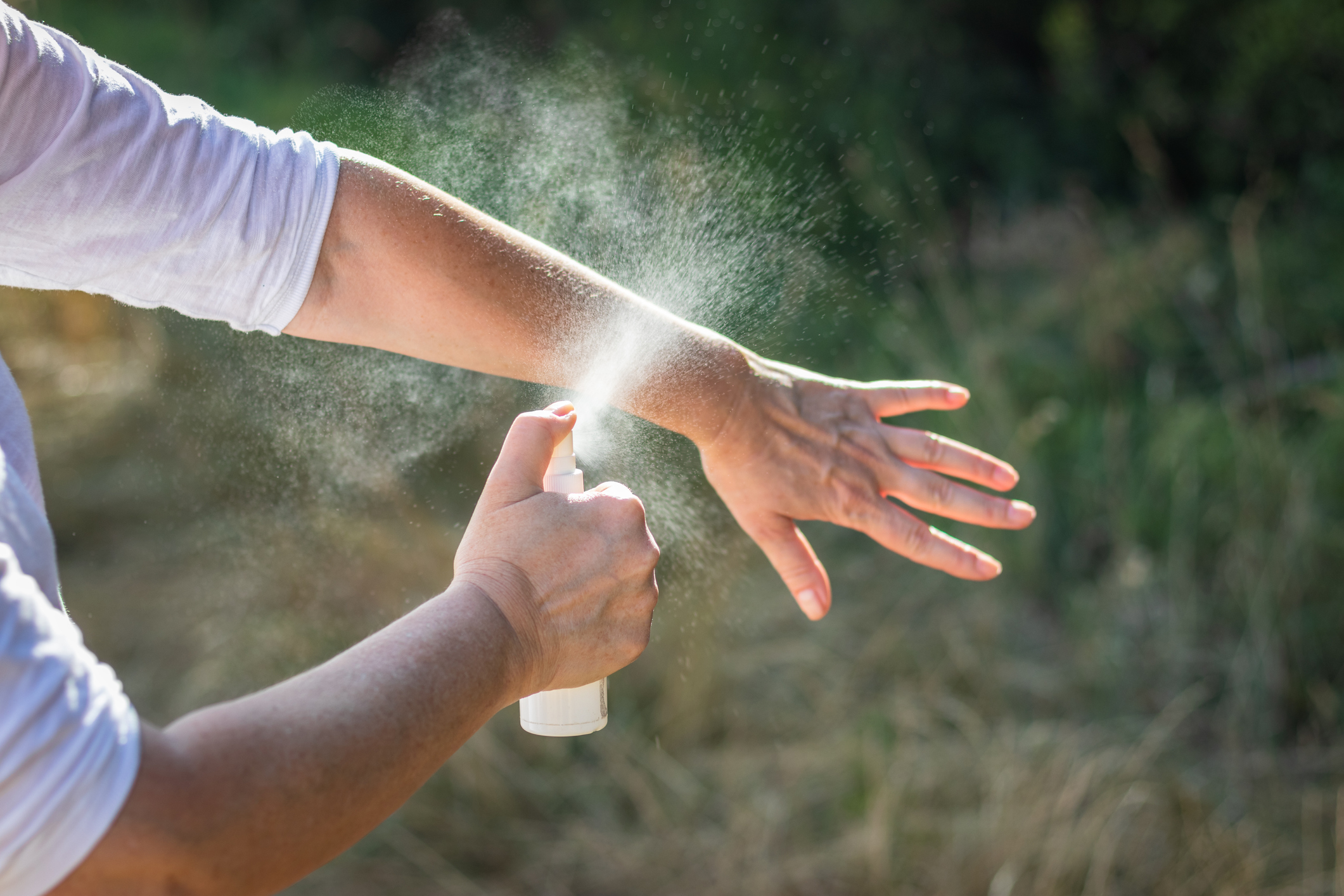
You may come across a lot of recommendations for "natural" insect repellents or find "natural" options on the shelf when you are shopping, but you want to make sure that these options are registered with the EPA. An EPA registration ensures that the product has been evaluated for both safety and effectiveness. One particular ingredient that is EPA registered and that you should be on the lookout for on labels is oil of lemon eucalyptus, or OLE. Beware that oil of lemon eucalyptus is NOT the same as lemon eucalyptus oil. Confusing right? OLE is extracted from the gum eucalyptus tree and has an insect repelling chemical in it called PMD. Lemon eucalyptus oil, on the other hand, comes the lemon eucalyptus tree and doesn't provide enough PMD to repel mosquitoes.
Dang it, you’ve been bit! Chill, baby, chill!
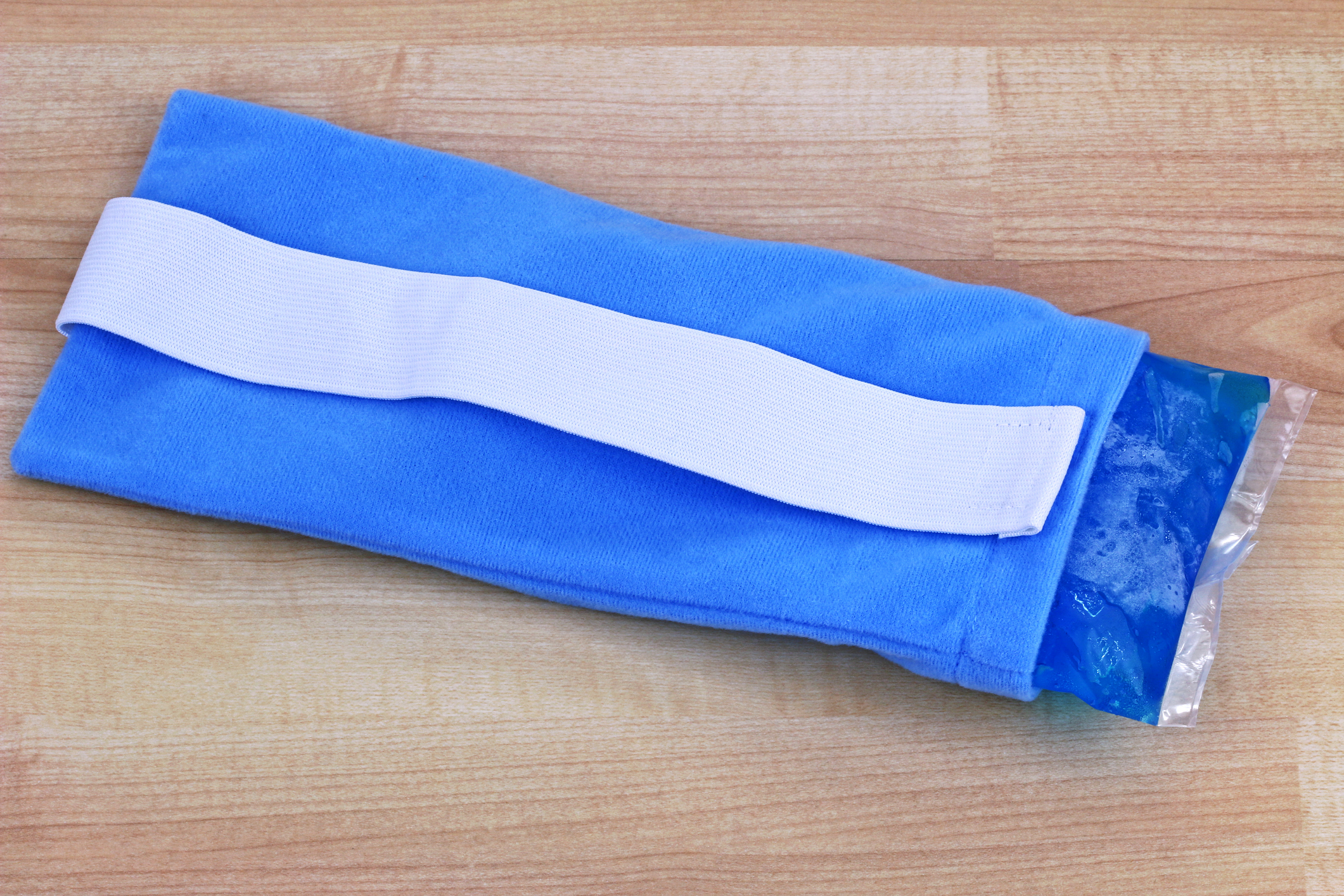
Ugh, mosquitoes are really good at doing what they do, which means that sometimes, despite taking all kinds of precautions, you're still going to get bitten. Once that happens, you want to do your best not to scratch because scratching can lead to infections. One simple remedy you can try is to ice your bite. The low temperature can help reduce the inflammation. Don't apply the ice directly to your skin. Instead wrap it in a washcloth before applying it.
Honey can help.
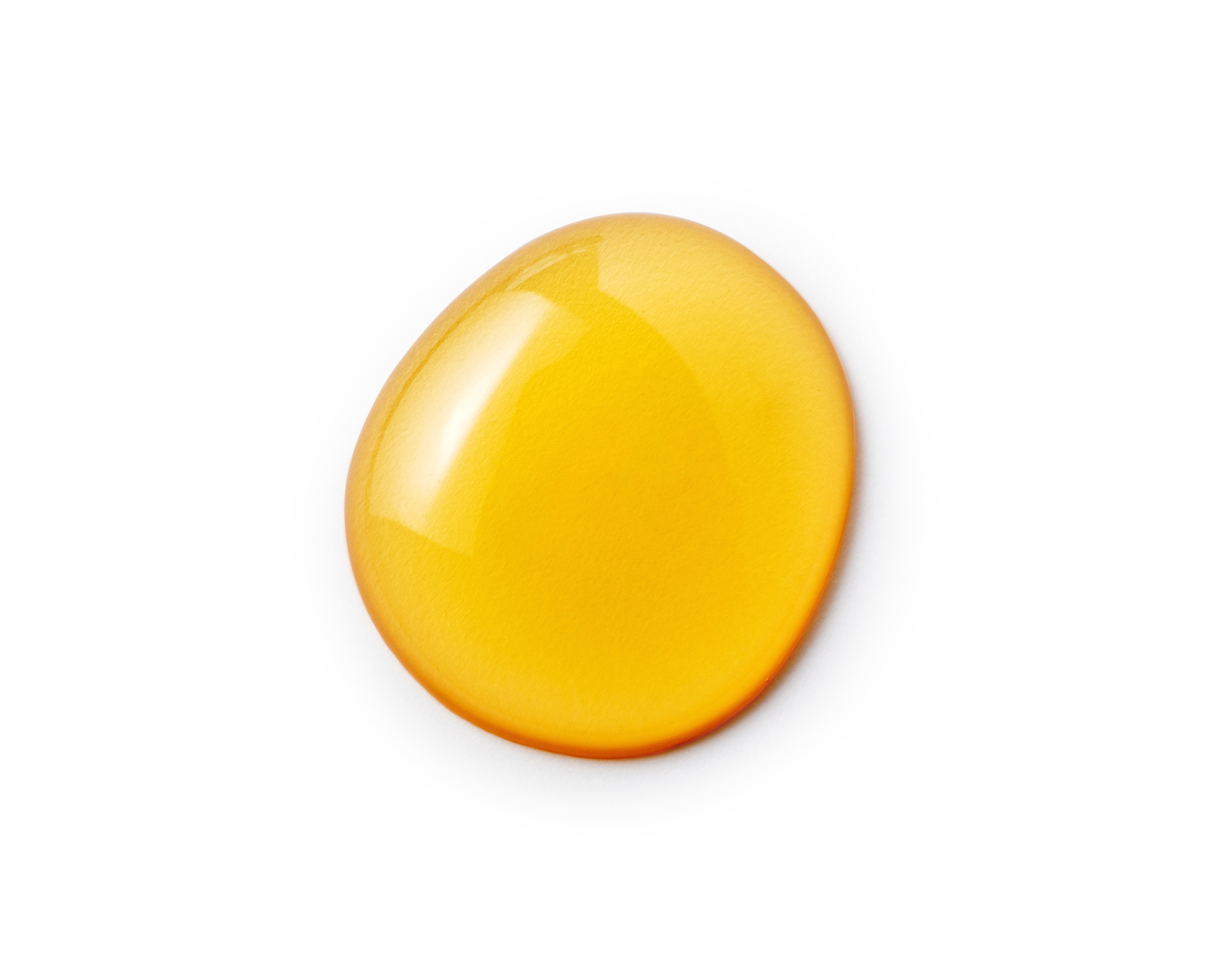
Honey has antibacterial and anti-inflammatory properties that can help. Just dab some on your mosquito bites and then leave them alone. Just having the honey on your bites can help you keep your hands off them because honey is sticky, and sticky fingers are annoying.
Aloe vera is awesome.
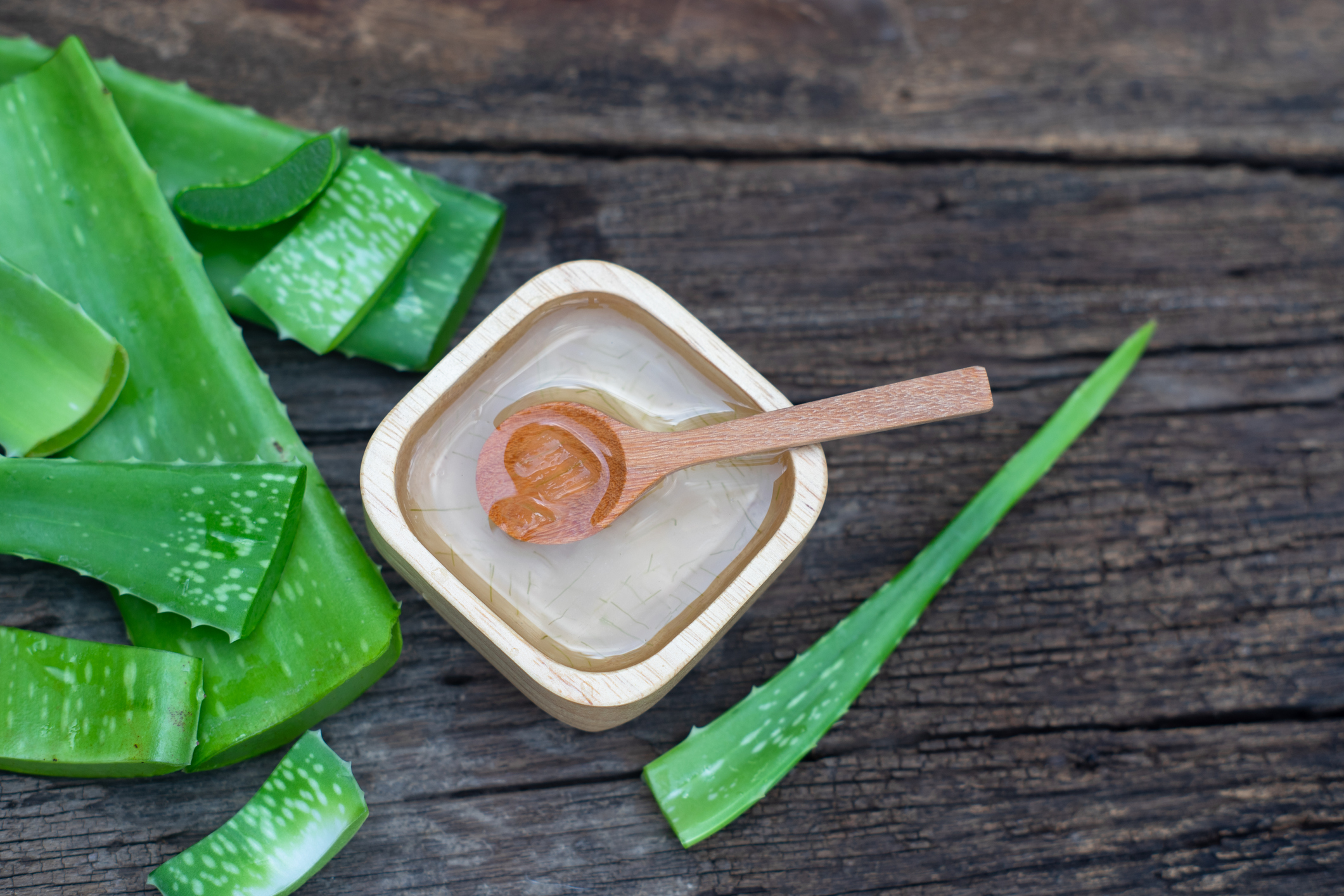
You've probably heard or learned from experience that the gel from aloe vera is great at soothing sunburns. That gel is magical and can also be helpful with mosquito bites because of its anti-inflammatory properties. Just dab a bit of the gel on your bite and let it do its magic.
Oatmeal is not just for breakfast.

If the itching and swelling of a mosquito bite is driving you crazy, try making a paste out of equal parts oatmeal and water. Then pat the mixture onto your bite and leave it on for about 10 minutes before wiping it off. It should help irritation. If you have bug bites all over your body, the paste method might not work, so instead add a cup of uncooked oatmeal to your bath and soak in it for 20 minutes.
Apple cider vinegar is your friend.

You can use it in your salad dressing as well as on your skin. Nice! Just dab some onto a cotton ball and apply it to your bites. It's a natural disinfectant that can also help reduce itchiness. You could also add a couple of cups of it to your bath and soak in it for 20 minutes if you need relief over a large area of your body.
Chamomile tea is good for your insides and your outsides.
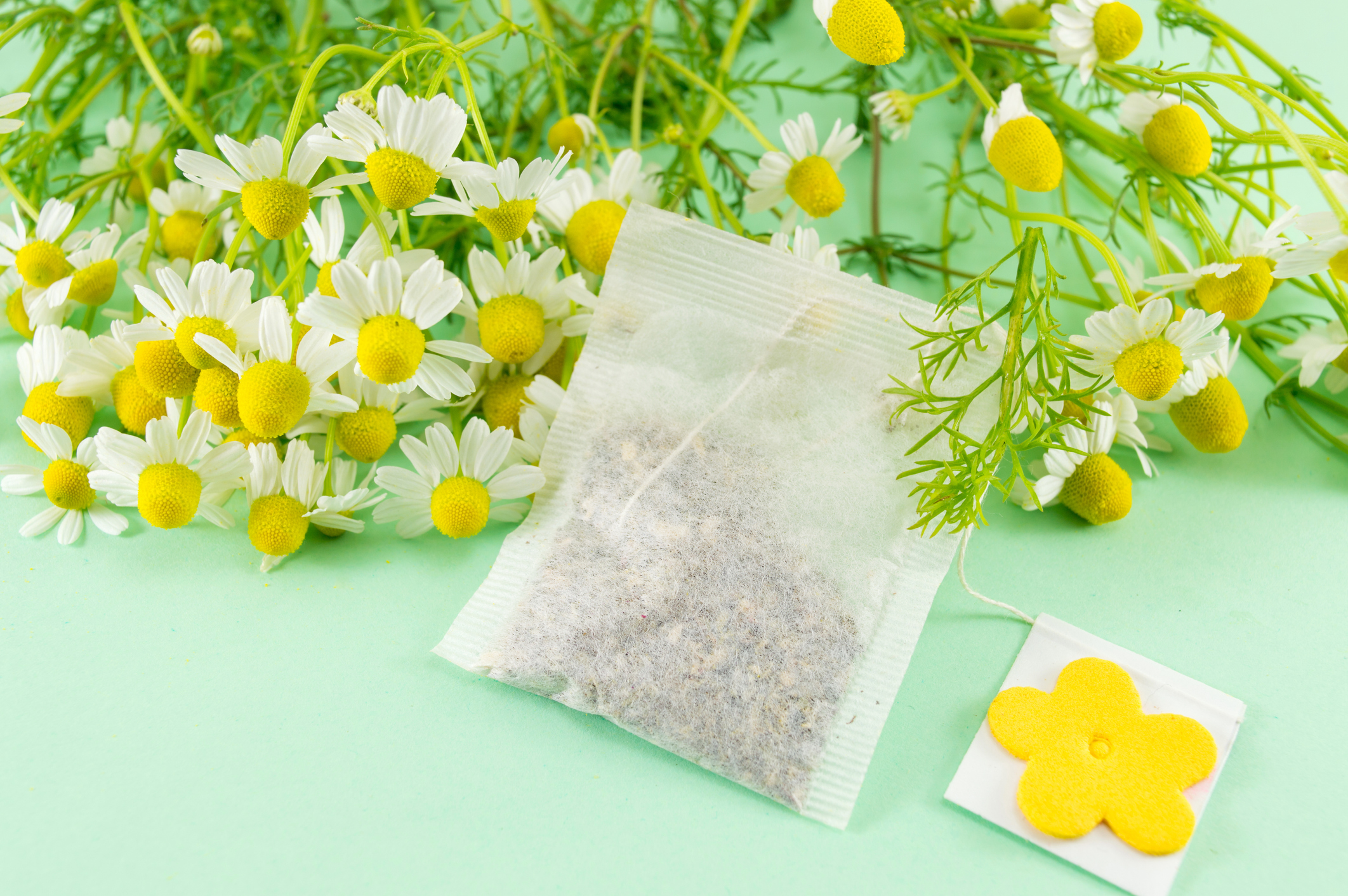
You might know it as manzanilla. Abuelitas love to talk about its soothing properties and for good reason. A cup of chamomile tea is a great way to soothe your nerves. Consider brewing yourself a cup of chamomile tea to drink. Don't get rid of the tea bag, though. Instead, squeeze out the excess liquid, put it in the fridge until cool, and then apply it to your bite for about 10 minutes. It will help with inflammation and irritation.

